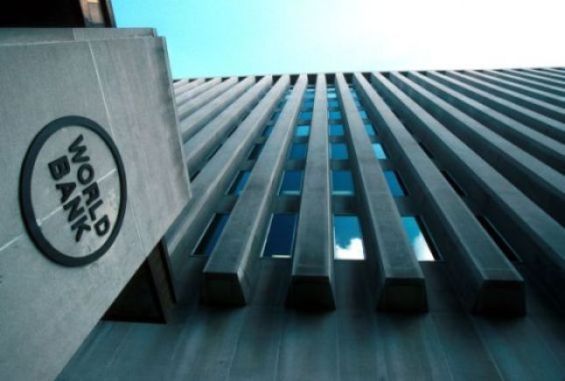The World Bank's Board of Executive Directors approved on Wednesday a $250 million program to strengthen Morocco's municipal solid waste management.
More than 60 percent of Morocco's population lives in cities, which are key drivers of the country's growth, the World Bank said in a statement.
In this context, municipal solid waste management has been a key priority for the Moroccan government, with notable improvements over the past two decades, it added.
With support from the World Bank, the National Municipal Solid Waste Management Program has significantly improved the cleanliness of cities, with the coverage of waste collection in urban areas increasing from 40 percent in 2008 to 96 percent in 2022. Despite the progress made, Morocco's municipal solid waste sector faces environmental and financial challenges.
«Helping to promote more livable and attractive cities is a priority for the World Bank in Morocco. Our current Country Partnership Framework emphasizes the need for improving key infrastructure delivery services in urban areas», said Moustapha Ndiaye, Country Director for the Maghreb and Malta at the World Bank.
«This new operation leverages our long-standing work in the municipal solid waste management sector and complements the government's efforts to enhance local service delivery and improve citizens' quality of life while supporting Morocco's climate adaptation and mitigation efforts», Ndiaye added.
The new program is supported by technical assistance and funding from the Global Facility for Disaster Risk Reduction and Recovery (GFDRR) and the Public-Private Infrastructure Advisory Facility (PPIAF).





 chargement...
chargement...













